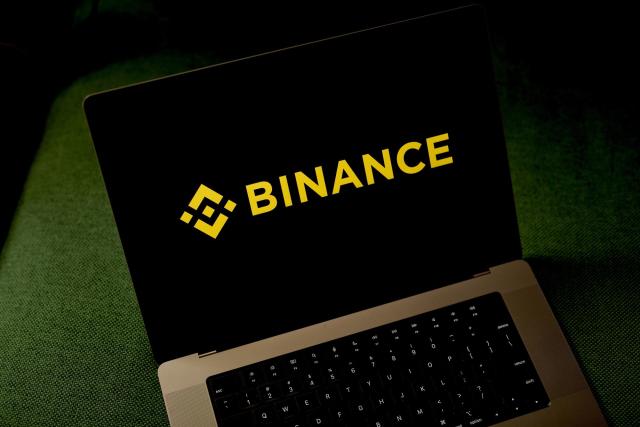The biggest cryptocurrency exchange in the world, Binance, is under investigation in France for allegedly laundering money connected to tax evasion, drug trafficking, and unlicensed advertising.
According to a Reuters story, French authorities launched a money laundering probe into Binance, the biggest cryptocurrency exchange globally, on Tuesday due to suspected violations of anti-money laundering and terrorist financing regulations.
Binance is “likely to have assisted in habitual money laundering, particularly in connection with drug trafficking and tax fraud,” according to the French public prosecutor.
According to reports, the suspected operations took place in France and other European Union countries. Binance says it is disappointed by the heightened scrutiny and refutes the accusations.
According to Binance, the money laundering case dates back several years
Binance is disappointed to learn that JUNALCO, a Paris division of the French Public Prosecutor’s Office, has referred a long-standing case to the French judiciary for further investigation.
Finance has stated that it denies the allegations and will vigorously defend any charges made against it as a policy matter.
“Prominent authorities such as FinCEN, the DOJ, and OFAC have already acknowledged Binance’s progress in AML and compliance,” a Binance spokesperson stated, adding that the company has “implemented enterprise-wide AML/CFT,” “enhanced employee AML/CFT training,” and “adopted Financial Action Task Force requirements for AML and KYC.”
French Promotional Campaigns Are Being Examined
The probe builds on a previous examination into whether Binance advertised its services to French customers without obtaining the required regulatory license.
Additionally, prosecutors charged the exchange with breaking French law by running advertising campaigns in France before registering with regional authorities.
The probe coincides with mounting international regulatory pressure on Binance.
U.S. officials fined the exchange a record $4.3 billion in 2023 for violating international sanctions and not putting in place sufficient anti-money laundering procedures.
Co-founder Changpeng Zhao (CZ) resigned as CEO that same year, and his successor promised to increase regulatory adherence and compliance.



